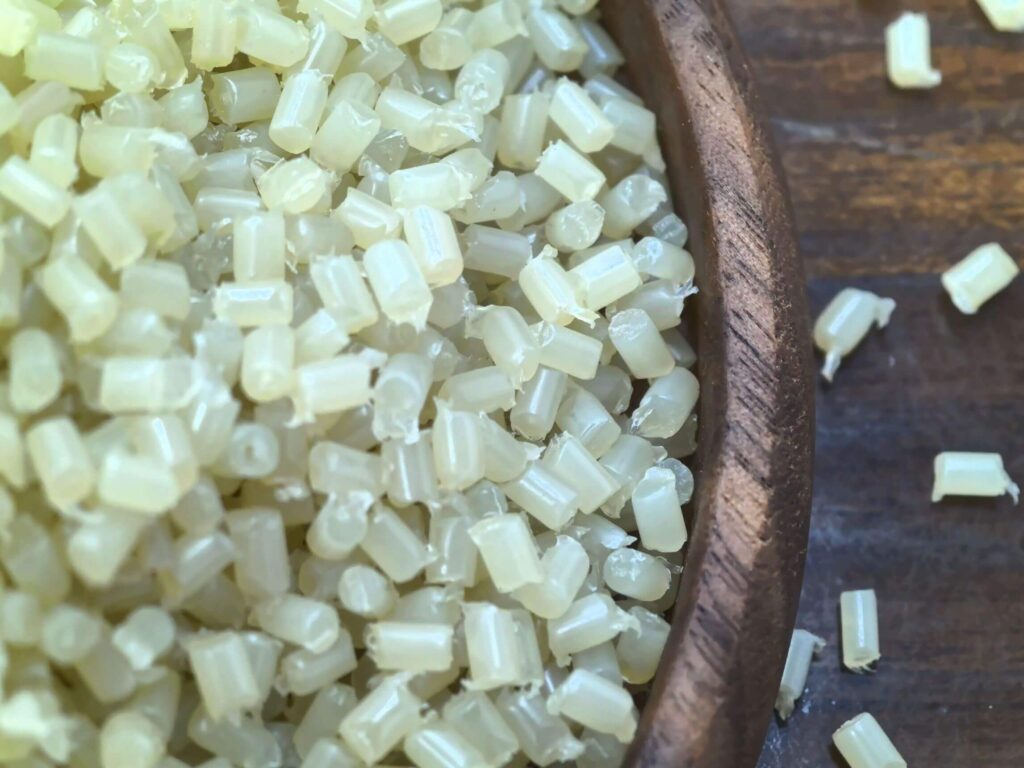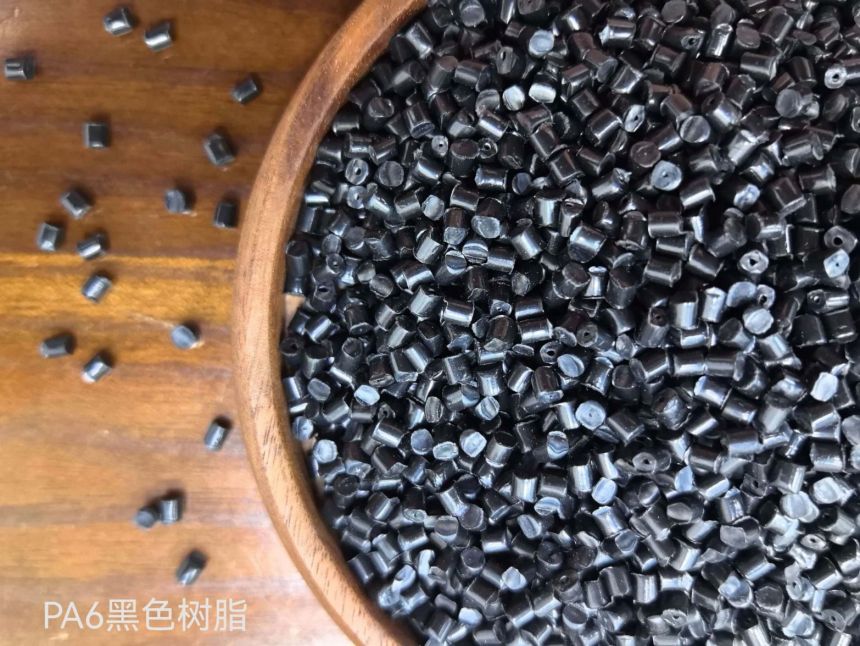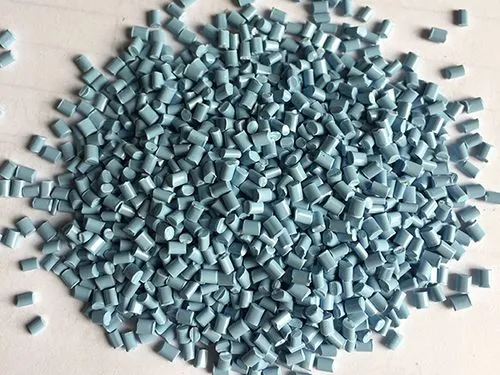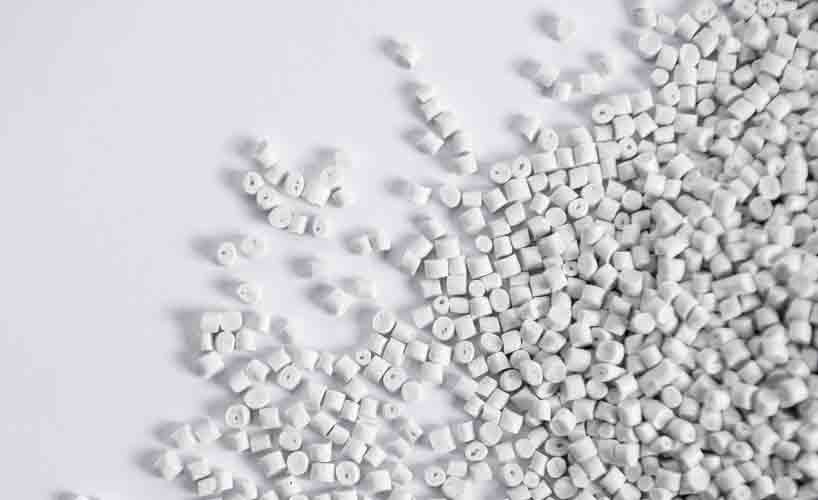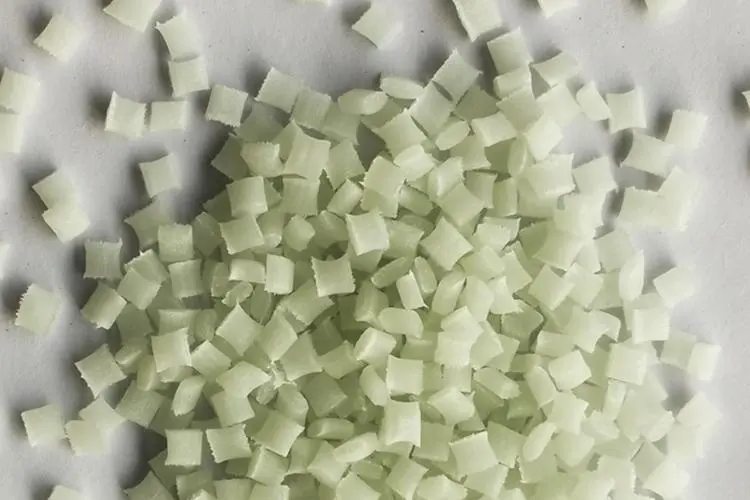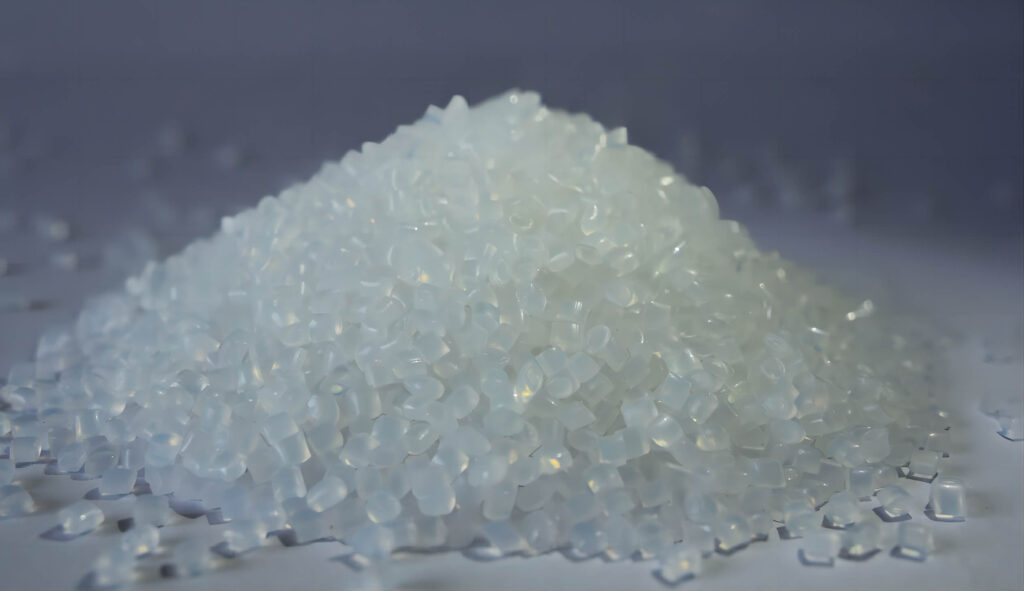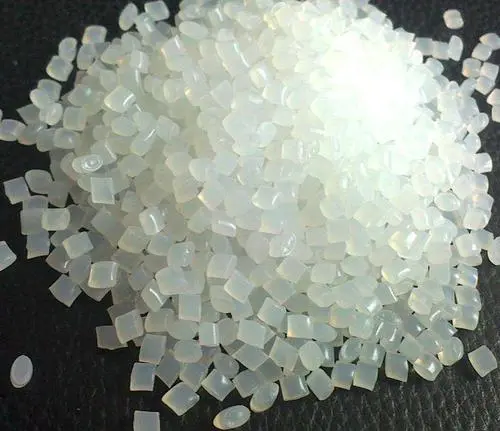Understanding Material Properties: The Foundation of Selection When selecting a polyamide plastic material, the first step is to understand the core properties relevant to your application. PA plastics, including well-known variants like nylon, PA6 (polyamide 6), and PA66 (polyamide 66), offer a range of high-performance attributes. Key Material Properties Strength and Toughness: PA plastics are […]
Category Archives: Blog
Introduction of PA Plastic Material When it comes to choosing the right PA plastic material, understanding your application’s requirements is key. Whether it’s the operational environment, mechanical performance, or aesthetic appearance, each factor plays a vital role in determining the most suitable PA material. This guide walks you through the considerations necessary for making an […]
Introduction of Plastic Color Have you ever noticed how certain plastic items, like storage containers or outdoor furniture, can change color over time? This phenomenon occurs due to the combined effects of heat and humidity on plastic materials. In this article, we will explore the underlying reasons behind this color transformation and examine the key factors […]
Degradation of the Polymer Chain Plastic yellowing primarily stems from the degradation of polymer chains. These long chains of monomers, interconnected by covalent bonds, are susceptible to environmental stressors like UV radiation, heat, and oxygen. As these bonds break down, they form double bonds and other chemical alterations, ultimately resulting in smaller molecules. This process, […]
Introduction of Nylon’s UV Resistance Nylon, a versatile synthetic polymer renowned for its exceptional properties, has gained prominence across diverse industries. Among its notable attributes is its remarkable resistance to ultraviolet (UV) radiation. This quality makes nylon an ideal choice for applications demanding longevity and reliability under direct sunlight or artificial UV exposure. This article […]
Introduction of Nylon UV Resistance Nylon, a synthetic polymer celebrated for its strength, flexibility, and resilience, has found widespread use across industries, particularly in applications requiring durability in outdoor environments. Among its notable attributes is its ability to withstand ultraviolet (UV) radiation—a property that enhances its suitability for various outdoor applications. This article delves into […]
Introduction of PA-GF30 The PA-GF30, a remarkable processor, has been garnering attention in the technology sector for its innovative architecture and powerful capabilities. In this article, we will delve into the PA GF30, exploring its advanced features and the impact it has on data processing and analysis. Advanced Processor Architecture At the core of the […]
Understanding Nylon Temperature Range Nylon’s structure is composed of repeating monomers forming a polymer chain, endowing it with distinctive properties like high tensile strength and elasticity. The key to nylon temperature range lies in its glass transition temperature (Tg). The glass transition temperature is the threshold at which nylon shifts from a hard, glass-like state […]
Introduction The safety of plastic materials has become a hot topic as awareness grows about their potential dangers. Among these materials, PA plastic, or polyamide, has garnered attention. This article explores the safety of PA, examining its uses, benefits, and potential hazards. Understanding PA Plastic What is PA Plastic? PA, or polyamide, is a versatile […]
Nylon, renowned for its strength, elasticity, and resistance to abrasion, is a cornerstone in numerous industries. From fashion to automotive, this versatile synthetic material’s applications are vast and varied. One of the pivotal properties nylon melting point—the temperature at which it transitions from a solid to a liquid,dictate nylon’s performance. Introduction: Understanding the Nylon Melting […]

